The great landscape photographer Ansel Adams said:
The negative is the equivalent of the composers score, and the print is the performance.
This is a group of posts exposing a comment or opinion not necessarily photography related.
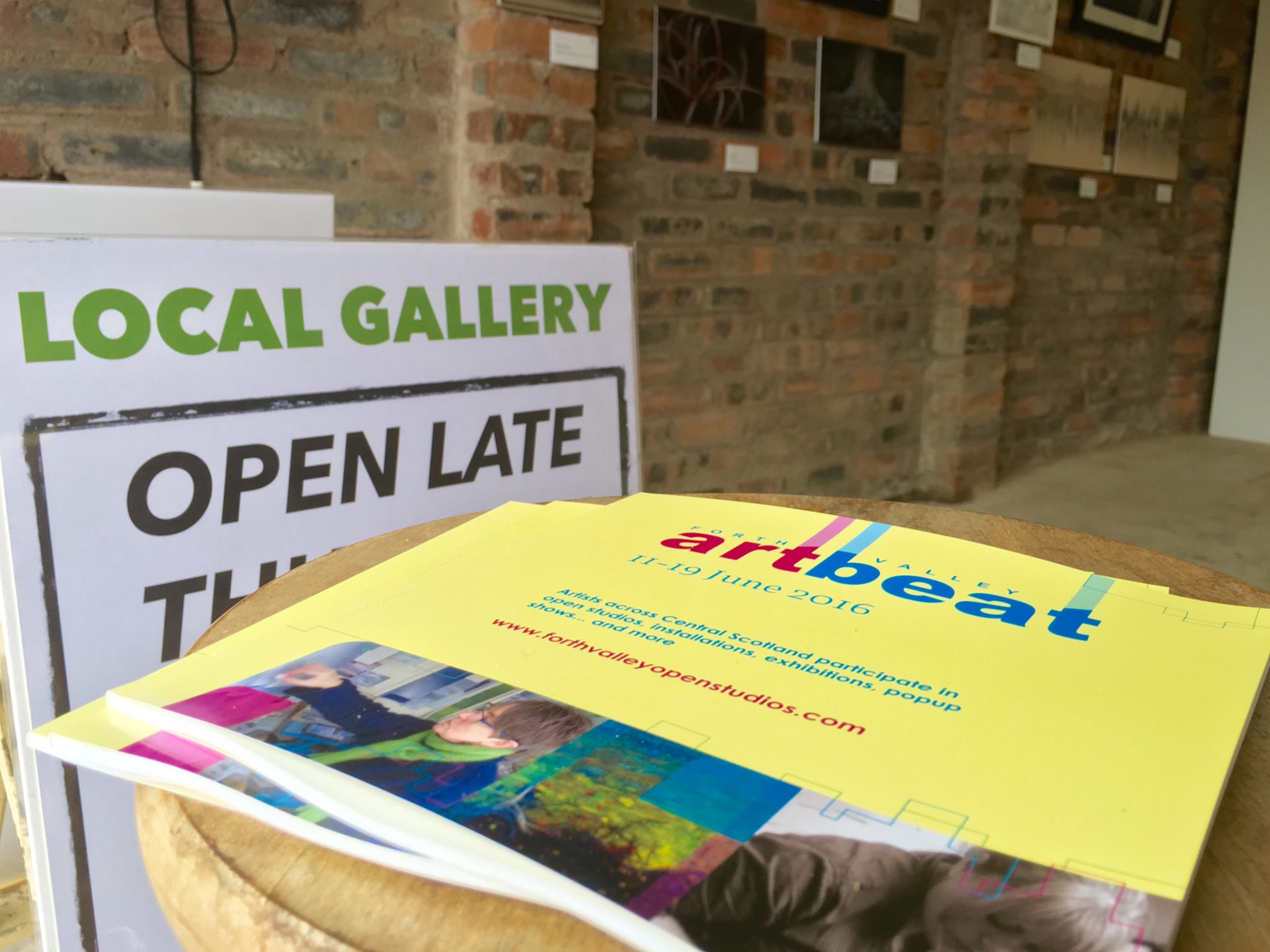
The great landscape photographer Ansel Adams said:
The negative is the equivalent of the composers score, and the print is the performance.
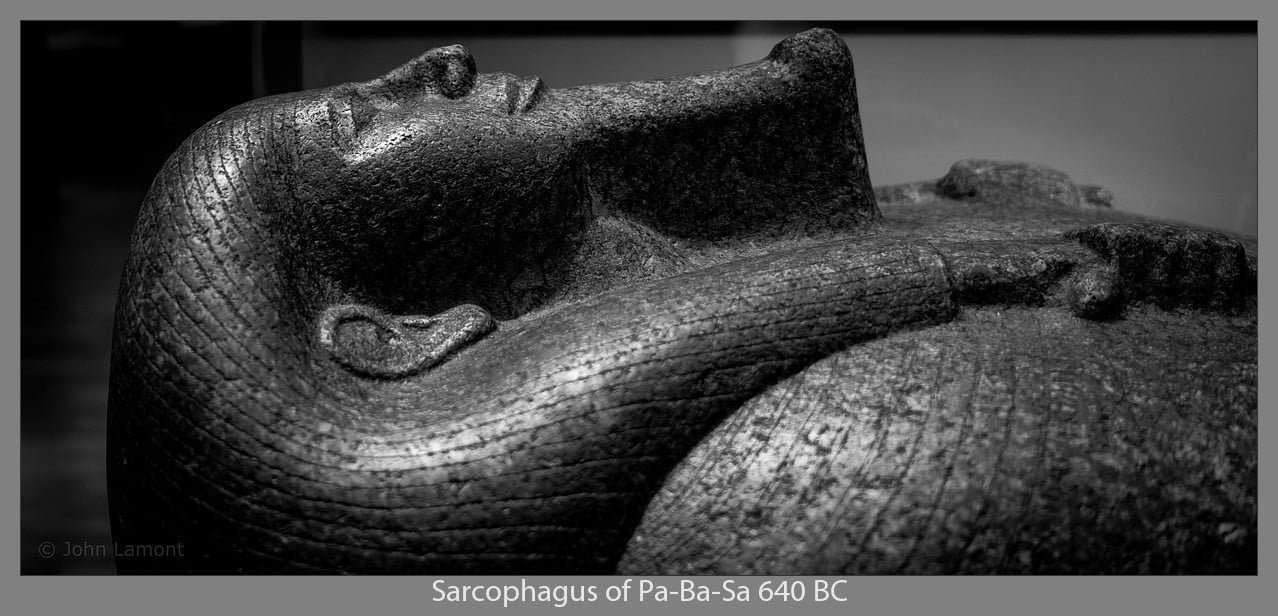
You have to hand it to Glasgow City Council, Scottish Government and generous benefactors to have this treasure trove of art open to all, without cost. Museums and galleries can create key moments for visiting children. Such moments can later inspire decisions based on that early childhood visit. (more…)
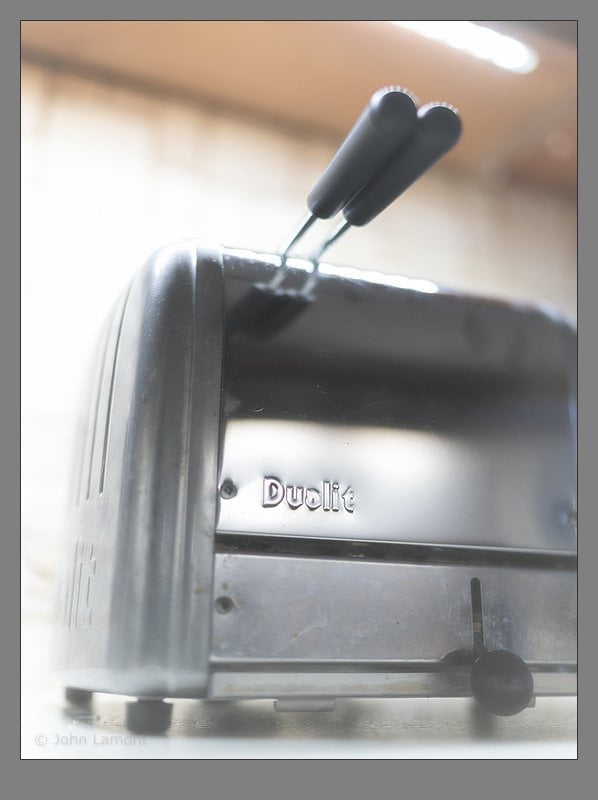
I know the photo omits the spit and polish of a Vogue magazine cover shot, thats because this is a work-a-day tool that had ‘some work done’. Its a Dualit Combi 2+1 toaster which I bought in 1997 for a very very princely sum. I’m embarrased at the amount I spent on a toaster. I could have bought ten, yes ten fertile acres of the panet Mars which we now know can produce enough potatos to feed a working martian biologist.

What makes this special is the quality of toast and critically, it is repairable. I grew-up in the 70’s when petrol was scarce and TV’s were rented on account of their high price. Back then we repaired electrical items when they broke which happened more often than today. I hear people say “They don’t make them like they used to” which is the same trope as “the sun always shone on my childhood summer holidays.” Its not that design or manufacturing standards were woeful in the 70s, but plastics, product testing and high reliability know-how was. Bakelite (an early plastic) was used everywhere and became brittle then failed. You were crossing fingers every morning for a 70s British car to start although the reasons for it failing include poor design, manufacturability, management, training, materials…
Back to the toaster, my beloved chrome toasting box. It toasts bread every single day from two to twenty slices a day (if the house is full) – perfectly. I’m talking Rolls Royce toast ready in a jiffy. It has manual levers to lower and raise the bread/toast, a rotary mechanical timer that ticks like a roadrunner time bomb, a clam basket for making toasties, a toasting light and crumb tray. Its a bugger to clean and keep clean so has accumulated years of perma-grime.
Recently one of its four heating elements failed which meant the backup £6 Asda was deployed until old faithful was repaired. This is why I like this toaster. The maker, Dualit sells spares online or over the phone. So after a short call and three days the postie delivered the new element. Dismantling the toaster is not tab A into slot B easy and requires some tools however it is repairable in 30m.
This is why its cherished. Our expensive workhorse performing one simple duty perfectly every day of the year, ready for its next 20 year stretch. Repairing it is a pleasure and rewarding. Pity we have gone through six kettles in the same period. Embarrassingly expensive to buy, cheap-as-chips as it stretches into toaster teens.
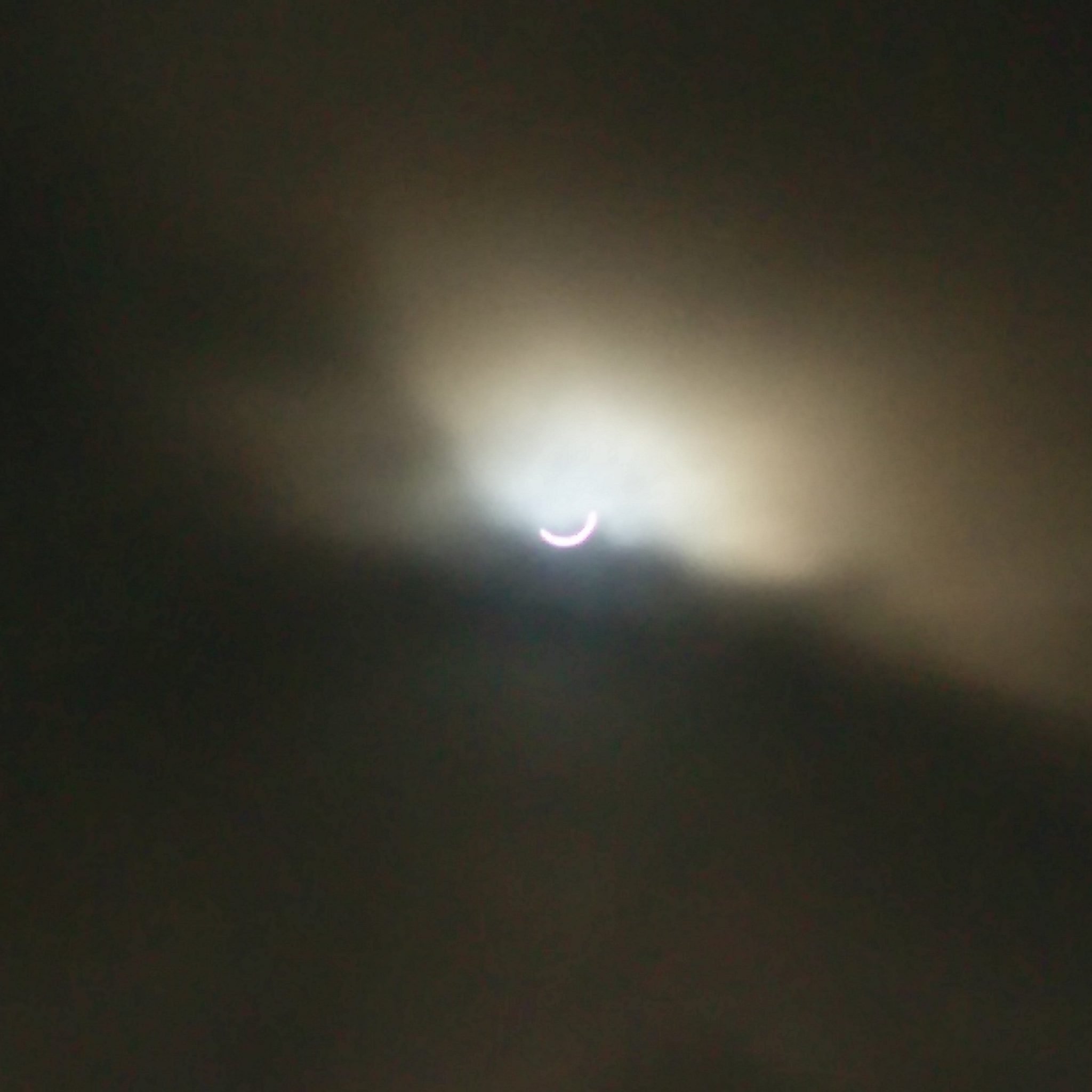
There is a well-known behaviour people exhibit when experiencing a sense of wonder. We all do it, almost instinctively. But this is not an animal instinct, it is too modern.
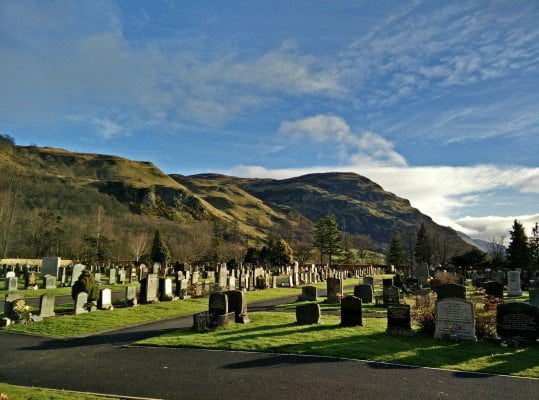
What i’m talking about is when people visit an impressive vista or famous landmark and instantly reach for their camera or smartphone to grab a shot (grabshot). This happens often climbing a mountain, cross a bridge high-above a gorge or visit a public artwork in a city centre square. What you see is predictable. Upon arriving at the scene, people will whip out their smartphone, grab a shot, stow the camera, drop their head and off they trot to the next click stop. Like trophy hunting or a dog marking its territory then wandering off to the next marking post.
Why do we do this? What did people do before they carried cameras? Sketch I suppose. Yet sketching or painting is very different. To do it well you need to observe the scene. Think about what composition and colours to record. How does light play over the scene. A landscape photographer has the same concentrated study prior to gear setup. Its often described as being ‘in the moment’ and can be a very thoughtful, deep, often slow and considered process. Another description I like is flow.
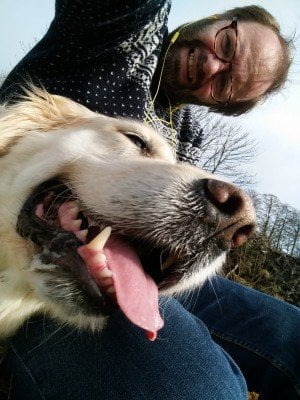
The theory goes like this. To create a visual record of a scene you must first watch it, like the painter. Upon arrival I will stop and watch. Seeing everything from texture, lines, curves, colour, depth, movement, shadow, light and more. Move around to change perspectives and wait. If you understand a scene by being part of it, feeling it more than passing it then something magical can happen. It can be emotional. Its feels like an alternative being takes over and guides you with opportunity to create your own frame of the scene based on that deeper insight. This frame often renders a better study than any grabshot can, but not always! Light can change faster than the photographer can. There are no formulae to great photography, which is why it is challenging and thus rewarding.
This was this choice I faced this morning as a solar eclipse swept across Scotland. Unlike the last total eclipse in 1999, this time the moon would leave her kimono raised slightly exposing only the most anorexic of crescent sun behind. Being aware of the risk of retinal damage while gazing meant I was nervous about exposing my camera sensor to the same fate.
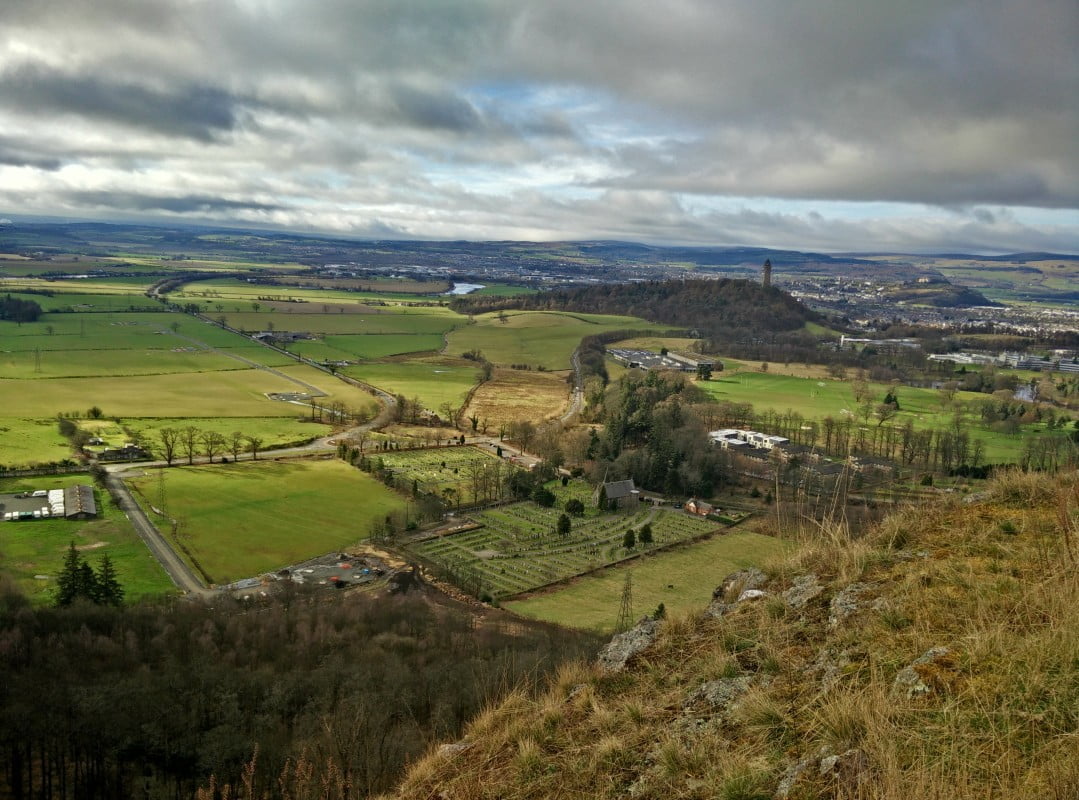
Instead of being the ‘Wedding Photographer’ of moon and sun sky-marriage, I chose to experience it. With my faithful muse – Poppy. The fact that it was the birthday of someone special who died seven weeks ago today added to my emotions. I chose to take no camera equipment and to be “in the moment”. To be open, heart racing as celestial events wash over.
So today I was an observer listening with every sense, as the moon cast its shade, cold and quiet.
Then I wept.
Footnotes
UPDATE November 2016: I have rewritten this slightly to remove poor spelling, dumb word choice and over extended phrasing.
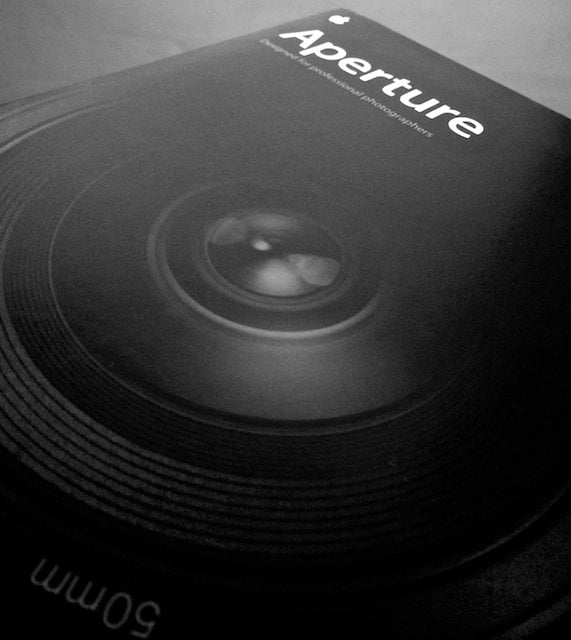
Most things have limits. Speed limits on roads, how often a razor blade is used, the expiry date of fresh fruit.
In an earlier life as a young Engineer in ’91, I noticed how different management styles affected the behaviour of staff. One of my favourites was Randy Ziffer. A spirited young Director of Manufacturing at Sun Microsystems’s only non-US plant in Linlithgow, Scotland. I recall one troublesome period when SparcStations we were making were being rejected by a Japanese OEM for cosmetic reasons. While Engineers asked Operators to use the detailed visual Specifications and Managers to read it, rejects continued.
It became a hairball of finger-pointing and Specification bashing until Randy heard the noise.
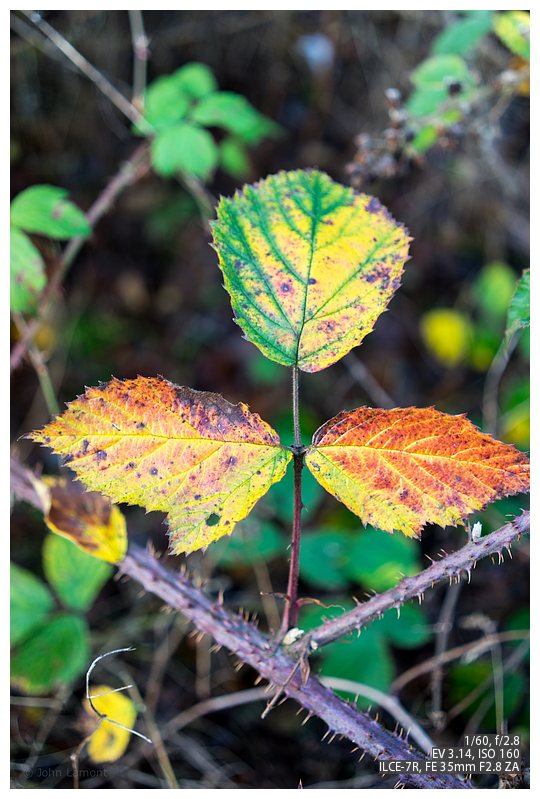
Imagine sitting in Volvo heated seat holding a BMW M5 steering wheel while changing gears mated to a Bugatti Veyron mixing petrol and fire venting gas out a TVR exhaust cloaked in an Aston Martin suit? This cannot be done outside a Top Gear Research Facility, but in photography it is available to all.
I have been testing a Sony A7R mirrorless camera recently and would like to show off some very early test frames. This camera has astounding image character and although early days, I’m looking forward to bolting all sorts of lenses onto it.
First comment is the great dynamic range of the sensor. The lens used in this test is a perfect match with great detail across the frame giving lovely colour accuracy. Wide open it drops the background with an attractive character.
I will also write about my success getting Nikon flashguns to work with this camera, if there is interest.
All images shot with Sony Zeiss 35mm f2.8 lens.